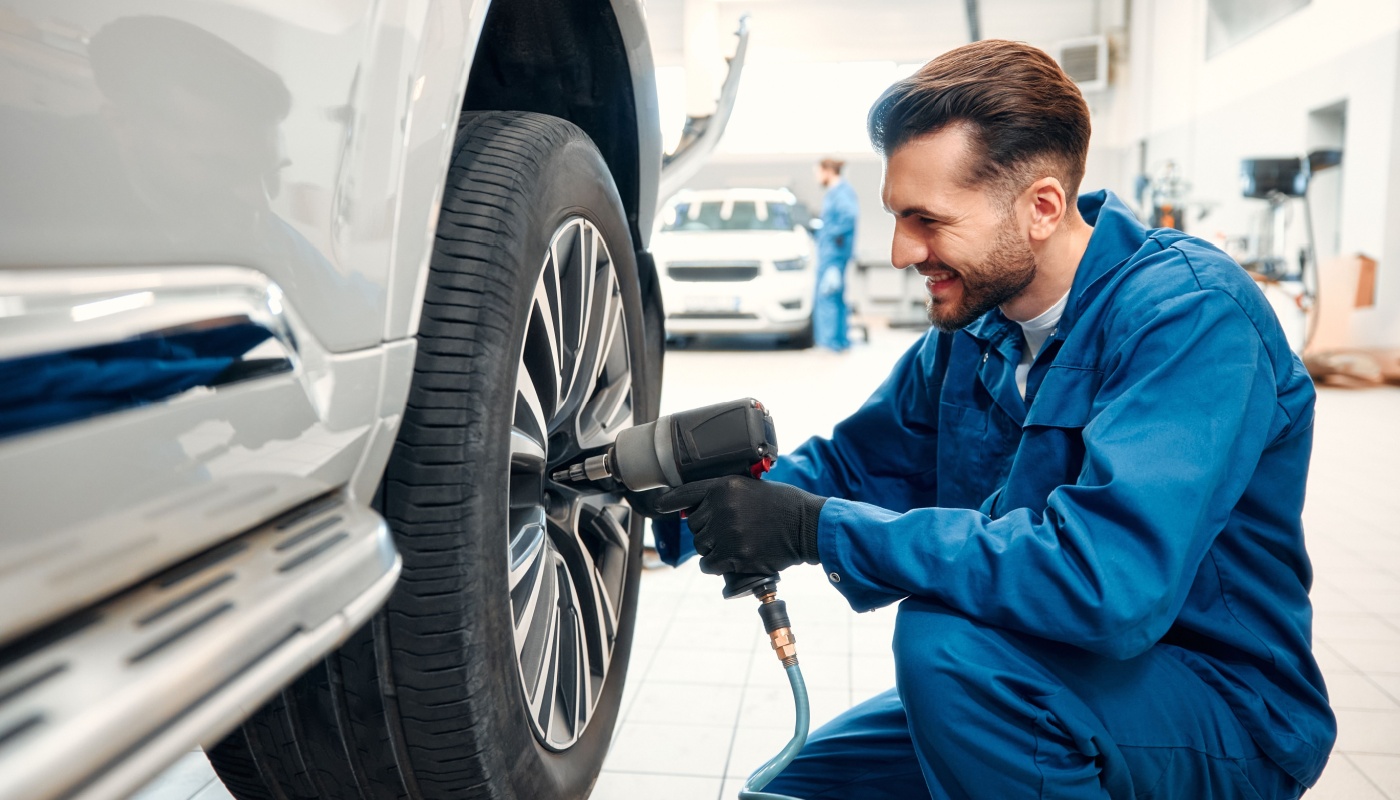
Everyone, new or seasoned, should know the essentials of auto maintenance to keep their car safe and reliable. Regular maintenance increases automotive life and prevents costly repairs. Ignoring routine maintenance might cause accidents. Proactivity is crucial, from oil checks to tire maintenance. If your steering seems off or your car leans to one side, wheel alignment near me can prevent damage and improve driving.
1. Regular Oil Changes Matter
Engine oil is essential to automotive performance. It decreases friction, lubricates, and cleans the engine.
- Change oil every 3,000–7,500 miles, depending on vehicle and oil type.
- Use the manufacturer-recommended oil grade.
- Each change requires oil filter replacement.
Clean oil keeps your engine running smoothly and wear-free.
2. Tyre Maintenance
You just touch the road with tires. Their maintenance is crucial for safety and fuel economy.
- Check tire pressure monthly and before long trips.
- Check tread depth; replace low-tread tires.
- Tire rotation should occur every 6,000–8,000 miles.
- Balance and adjust wheels periodically.
Tire care boosts fuel economy, handling, and blowout prevention.
3. Brake System Knowledge
Your vehicle’s braking system is crucial to safety. Detecting wear early helps prevent accidents.
- Worn brake pads make squeaking or grinding sounds.
- Higher stopping distances or vibrations may indicate rotor difficulties.
- Check your brakes annually.
Brake maintenance expedites emergency response and vehicle safety.
4. Battery and Electrical System Checks
A dead battery might leave you stuck at the worst time. Checks can prevent such issues.
- Annually check your battery charge, especially before winter.
- Clean and corrosion-free terminals
- Make sure dashboard, signal, and light indicators work.
Typically, batteries last 3–5 years. Replace them before they break to avoid a breakdown.
5. Suspensions and Steering
Smooth and steady riding requires good suspension and steering. These systems cushion shocks and aid automobile handling.
- Unusual turning vibrations or noises may signal problems.
- If your car pulls to one side or has loose steering, examine alignment.
- Struts and shocks can wear out and influence braking and handling.
The wheel alignment near me keeps your car on the proper track—literally and mechanically—when steering troubles arise.
Conclusion
It is about knowledge, not skill, to understand auto maintenance. Your vehicle’s lifetime and safety depend on regular oil changes, tire care, brake inspections, battery testing, and suspension checks. Early detection and resolution of issues can save time, money, and stress. Knowledge empowers you to make better vehicle maintenance decisions when you drive.
